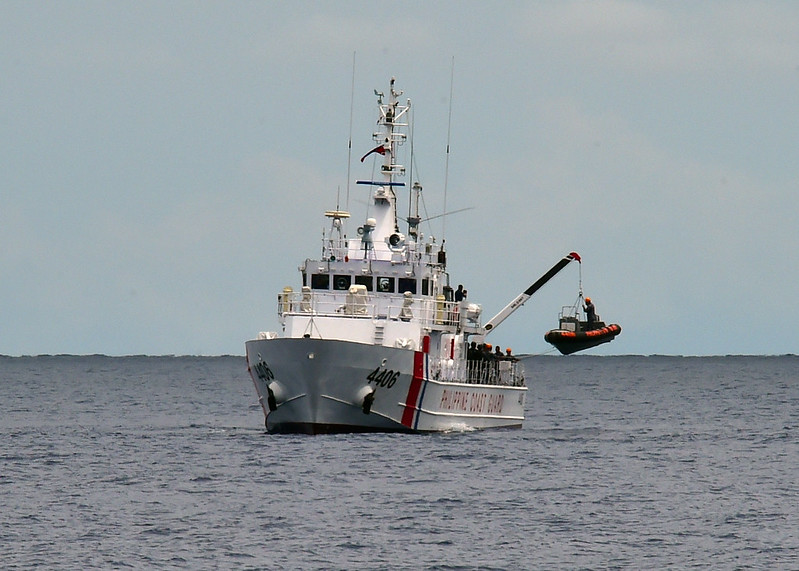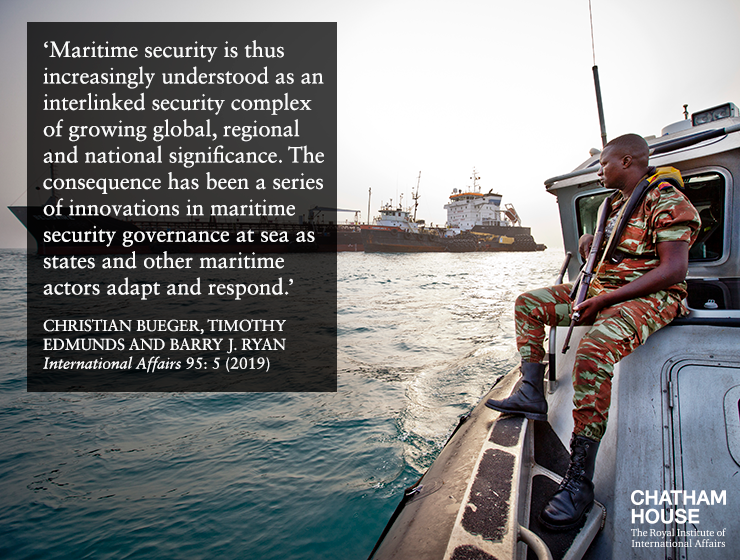Safeseas Research Associate Scott Edwards recently visited the Philippines and had the opportunity to assess some of the over-arching themes of Philippine maritime security focused upon by security practitioners.
The Philippines faces a large array of security issues, ranging from kidnappings that fund terrorist activities; piracy in an area in which over $40 billion dollars’ worth of cargo flows; trafficking of drugs, weapons and people; cigarette, alcohol and fuel smuggling; and illegal fishing which not only destroys marine habitats but also damages the economy of the Philippines.
At a policy level, however, the government and Navy mainly continues to focus on traditional areas of geopolitics – primarily concerned about China’s overlapping claims in the South of China Sea. This can divert attention from the need to address the wide array of transnational organised crimes at sea that take place in the waters of the Philippines.



